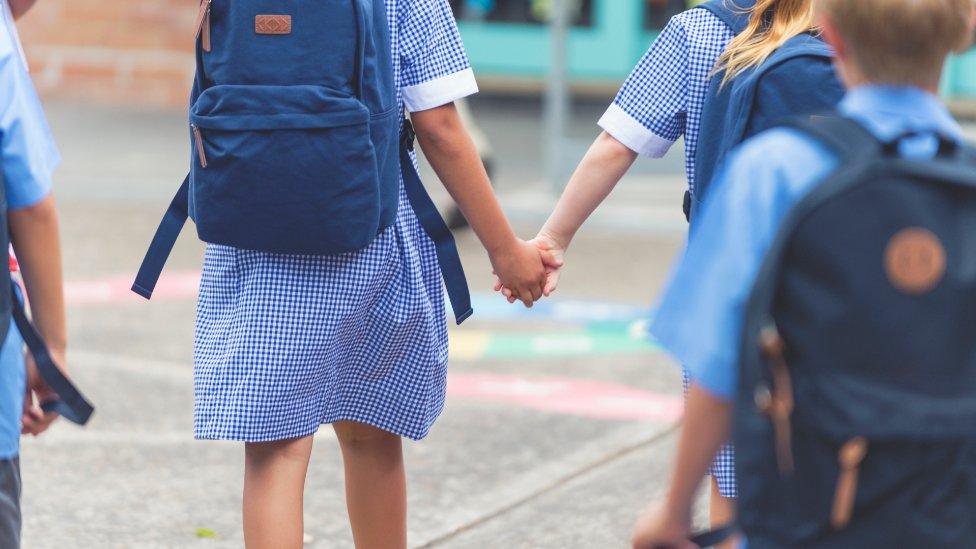Leicester lockdown: 'Stop-start routine' affecting children's wellbeing
- Published
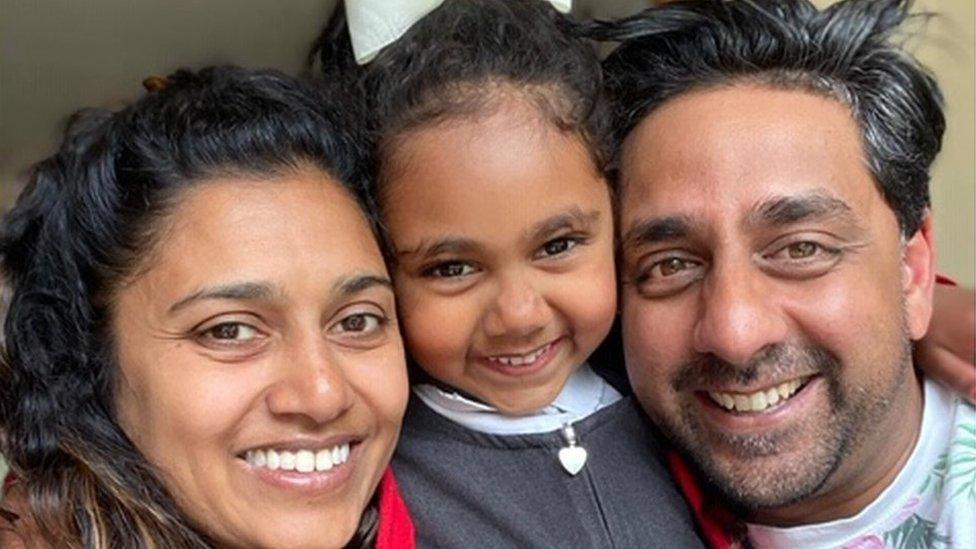
Kheisha Topiwala's parents Krupa and Jitin have concerns about the disruption for Leicester's children
With holidays cancelled and schooling haphazard, the effects of being in an extended lockdown are being keenly felt by some of Leicester's youngest inhabitants. BBC News finds out more.
For two weeks in June, Kheisha Topiwala returned to primary school, played with her friends and caught up with her teachers.
Then her school - Whitehall Primary School, in Evington, Leicester - was forced to close after a positive case of coronavirus and Kheisha, five, found herself back at home again.
"She's missed her friends," said Kheisha's mum, Krupa. "It was good for Kheisha to go to school - to see her friends, the social interaction and of course the education.
"Then she couldn't go back because her teachers were self-isolating and then the government put Leicester on lockdown again. We're fortunate she's adapted really well."
Kheisha's parents, Krupa and Jitin, are among many parents in the city who are worried about the effects of an extended lockdown on their children.
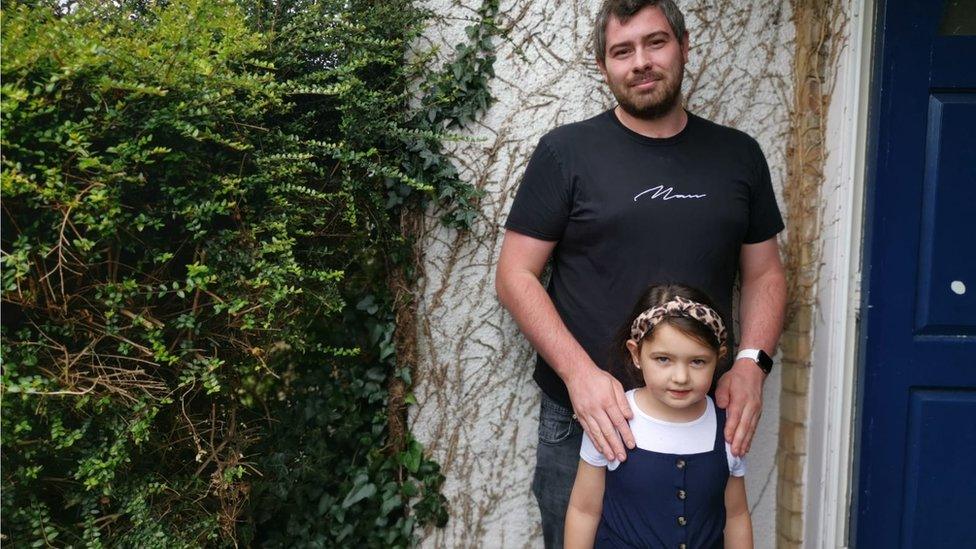
Seven-year-old Ava has not attended school since they closed in England on 20 March
Mr Topiwala, 41, said: "It was difficult for her to comprehend.
"She's aware there are changes at her school, but being at home she doesn't understand why she's going to school and then she's back home again.
"It's been stop-start, which has been disruptive especially since I've been working long hours.
"It's not consistent and there's no routine, which is important for children's wellbeing.
"We're concerned that Kheisha and children in Leicester are going to be at a learning disadvantage to other children in the UK because we're in another lockdown."
Across town Jay Briggs, 28, has similar concerns about his daughter Ava, seven, who has not attended school since they closed on 20 March.
"It's daunting for Ava to go back to school in September. She hasn't seen her new teacher," he said.
"My partner and I are both working from home and can't give Ava the one-to-one support and stimulation she gets from school.
"It's going to be hard for them to catch up the months they've lost. The children will be at different stages depending on how much home-schooling they've done. It is going to be difficult to bring them back to a similar level."
In addition, many Leicester children have missed out on the city's traditional "holiday week" which takes place in mid-July when the schools close earlier than in many other areas across England.
"We won't be able to go on holiday," said Mr Briggs. "It can't be helped, but we're just stuck here, while the rest of England can go to the seaside.
"It's not a nice feeling."
Many teachers in the city share parents' concerns.
Inderjit Sandhu is the executive head of the Scholars Academy Trust which runs Launde Primary School in Oadby, a town which borders Leicester and is included in the city's lockdown, imposed on 2 July.
She said that for the brief spell Year Six children were back, they were "very quiet".
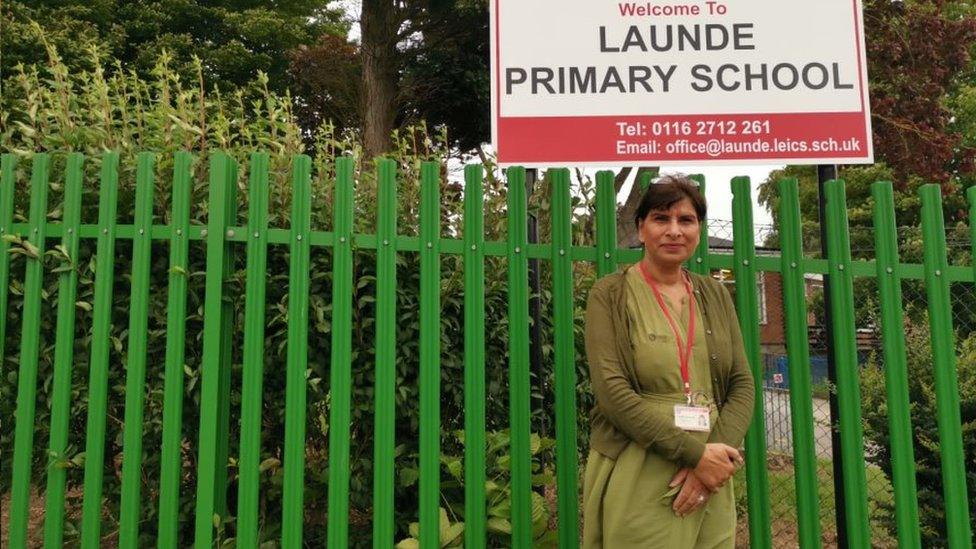
Inderjit Sandhu said her school will run "a recovery curriculum when children return after the summer
"They were reluctant to talk," she said. "They're usually full of beans, especially after a break from school, but they weren't talking.
"Maybe it was because there were half the number of children in school and the changes."
She said the disruption to schooling and the cancellation of many families' summer holidays was going to "impact on the children".
"When they return after the summer we will have a recovery curriculum for the first few weeks focusing on their wellbeing and building it into their learning," she said.
The government said it is aware of the importance of children and young people's mental health and wellbeing during the unprecedented coronavirus outbreak.
It said it has published guidance for schools and families about how to help support children at home and school.
"NHS services remain open and we are providing £9.2 million of funding to national and local mental health charities to support adults and children affected by the pandemic," said a spokesperson.

SOCIAL DISTANCING: What are the rules now?
HOLIDAYS: Will I get a summer break?
FACE MASKS: When should you wear one?


Follow BBC East Midlands on Facebook, external, on Twitter, external, or on Instagram, external. Send your story ideas to eastmidsnews@bbc.co.uk, external.
- Published30 June 2020
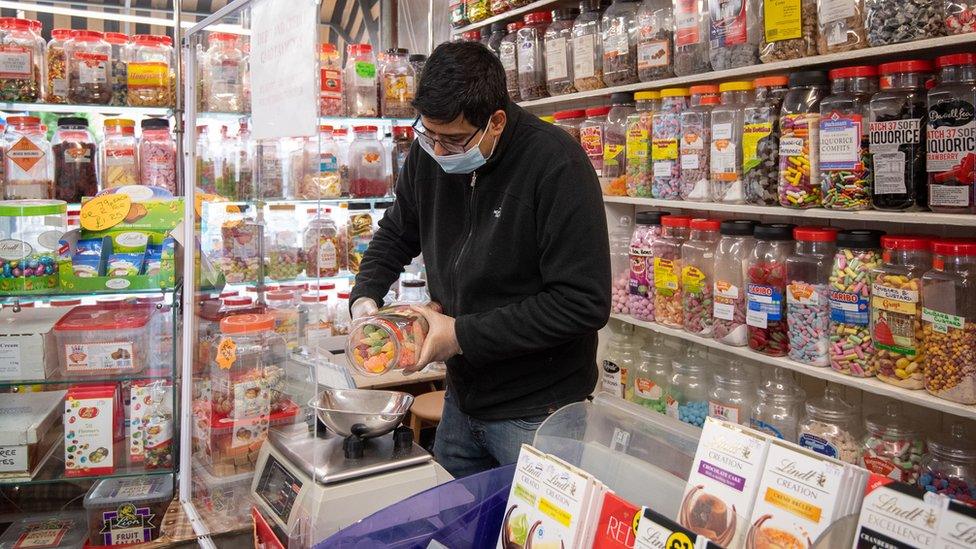
- Published2 July 2020
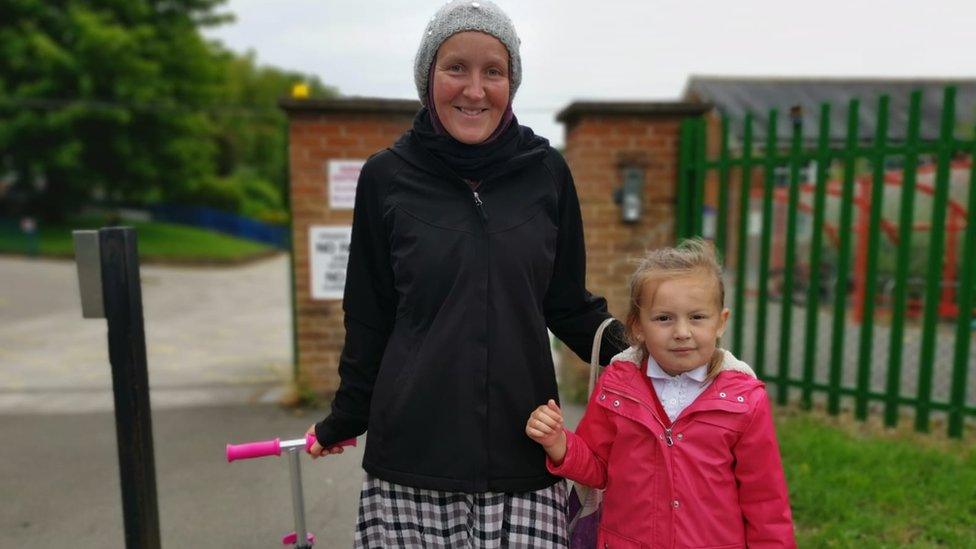
- Published30 June 2020
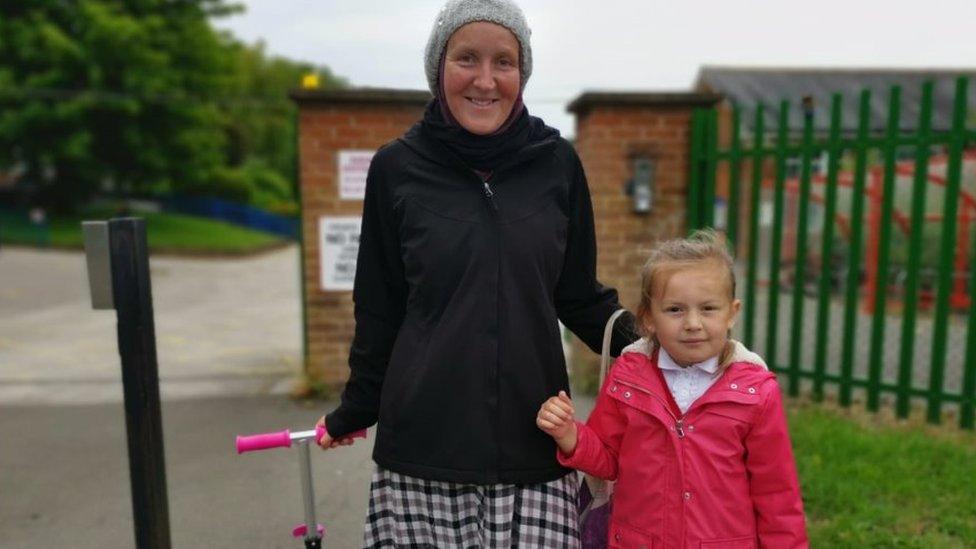
- Published25 January 2022

- Published2 July 2020

- Published2 July 2020
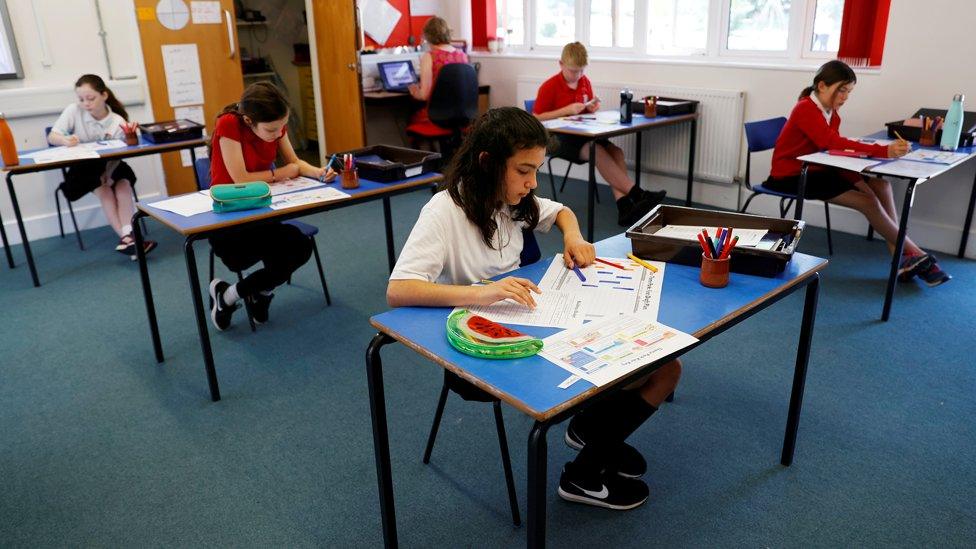
- Published22 June 2020
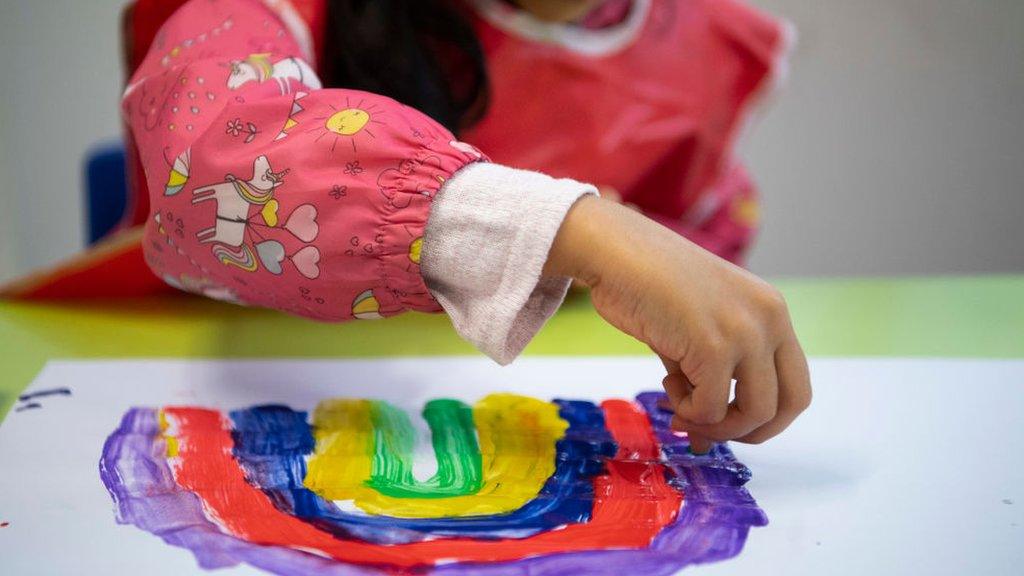
- Published14 June 2020
